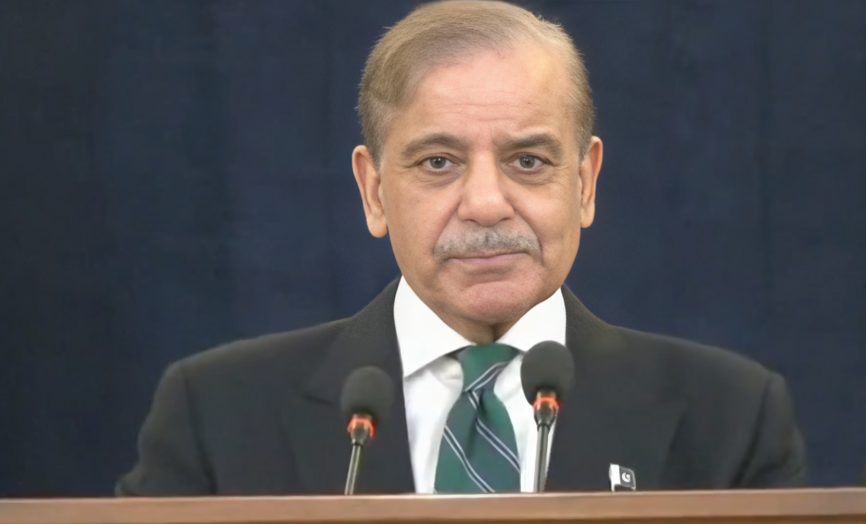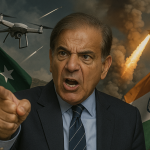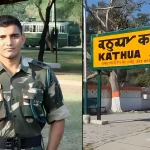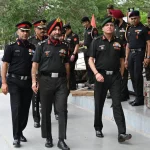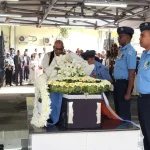In a closely watched national address on Saturday evening, Pakistani Prime Minister Shehbaz Sharif announced Pakistan’s commitment to a newly established ceasefire agreement with India, brokered through the diplomatic efforts of the United States and its allies. The agreement, hailed as a potential turning point in South Asian regional stability, follows weeks of intense military confrontations between the two nuclear-armed nations.
Prime Minister Sharif, standing before a backdrop of Pakistani flags, thanked U.S. President Donald Trump, Vice President J.D. Vance, and Secretary of State Marco Rubio for their mediation. He also acknowledged the support of key international stakeholders including the United Kingdom, China, Qatar, Türkiye, and Saudi Arabia. “This ceasefire is a victory for diplomacy and humanity,” Sharif said, emphasizing Pakistan’s desire for peace and dialogue.
Here is the full video:
The ceasefire agreement, announced earlier by Secretary Rubio, mandates an immediate halt to hostilities and outlines plans for a bilateral dialogue at a neutral venue to address long-standing disputes. Rubio praised the agreement as a reflection of the “wisdom, prudence, and statesmanship” of both Prime Ministers—Sharif and India’s Narendra Modi.
Sharif’s speech comes amid serious allegations of Pakistan’s involvement in recent provocations, including a coordinated drone and missile assault on Indian military and civilian targets. These attacks triggered India’s swift retaliation through “Operation Sindoor,” which targeted terrorist infrastructure and four key Pakistani air bases: Nur Khan, Murid, Rafiqui, and one undisclosed location. The Indian government has also held Pakistan’s military, especially Army Chief General Asim Munir, responsible for backing terror groups behind the devastating April 26 Pahalgam attack that left 26 dead.
While praising General Munir for his leadership and reiterating Pakistan’s stance against terrorism, Sharif avoided mentioning the reported ceasefire violations that occurred just hours before his address. Indian officials have accused Pakistan of continuing artillery shelling across sectors in Jammu and Kashmir, undermining the credibility of Islamabad’s peace overtures.
The address followed an emergency session of Pakistan’s National Command Authority, convened to assess national defense strategy amidst escalating hostilities. Sharif’s government framed the ceasefire as a diplomatic success, portraying Pakistan as a responsible regional actor committed to de-escalation.
Despite the agreement, skepticism lingers. Analysts point out Sharif’s lack of acknowledgment of Pakistan’s provocations and note that his emphasis on international praise may signal a focus on optics over substance. “The true test will be whether both sides commit to sincere negotiations and accountability,” said Dr. Ananya Iyer, a South Asia conflict expert.
The international community, including the UN and the UAE, has welcomed the ceasefire but continues to call for long-term solutions to persistent issues such as terrorism, Kashmir, and military transparency. As negotiations loom, hopes for durable peace rest on whether these talks move beyond rhetoric and lead to measurable change on the ground.

